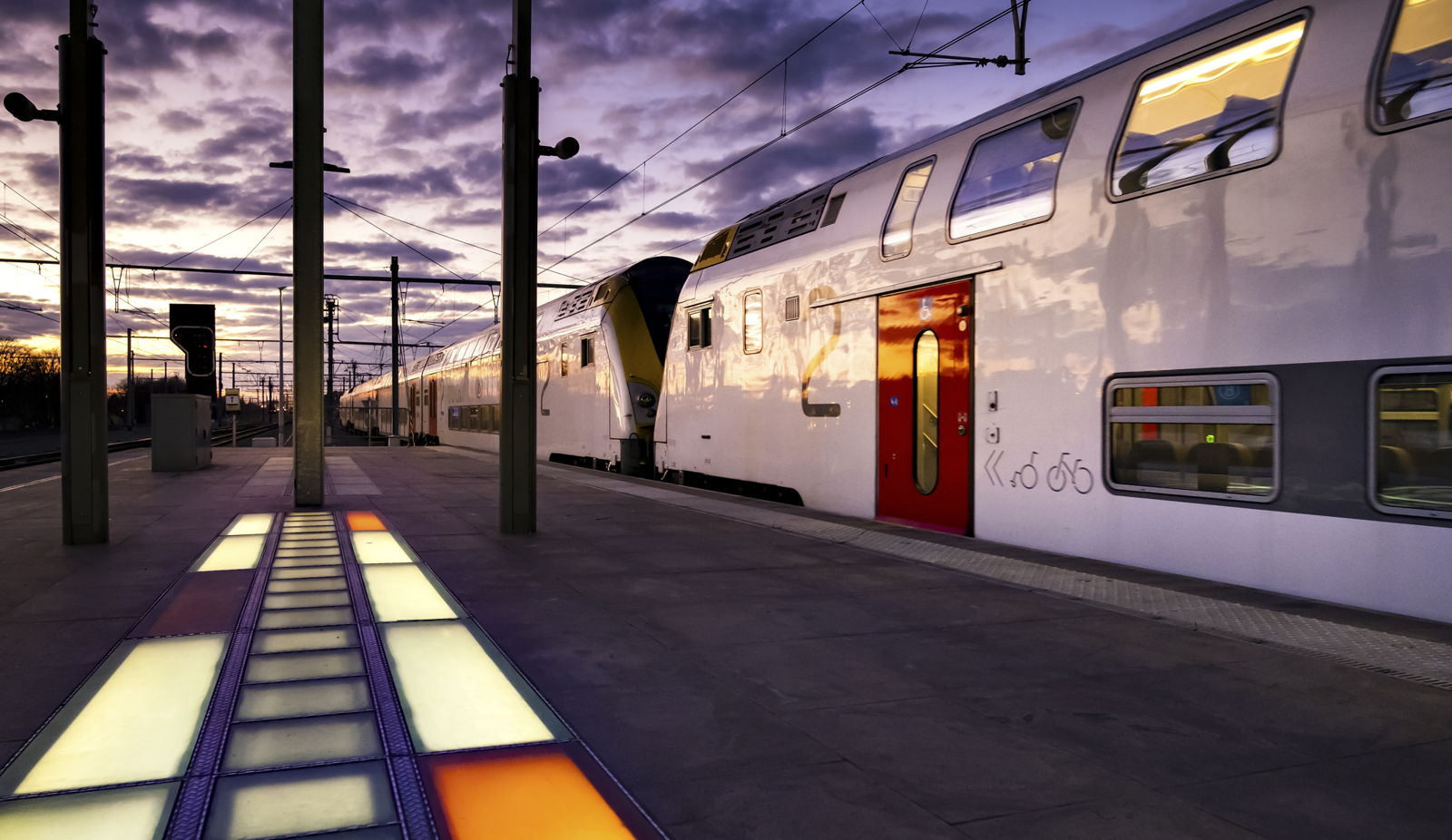
NMBS/SNCB: more trains from December despite staff shortages

The NMBS/SNCB will start the expansion of the train offer in December. In the first phase, mileage increases by 1,3%, then by 7,4%. Stone in the shoe is that there is still a shortage of train conductors /NMBS/SNCB
On December 10th, Belgian public railroad company NMBS/SNCB will start the first phase of its plan to expand its train offer significantly.


Comments
Ready to join the conversation?
You must be an active subscriber to leave a comment.
Subscribe Today